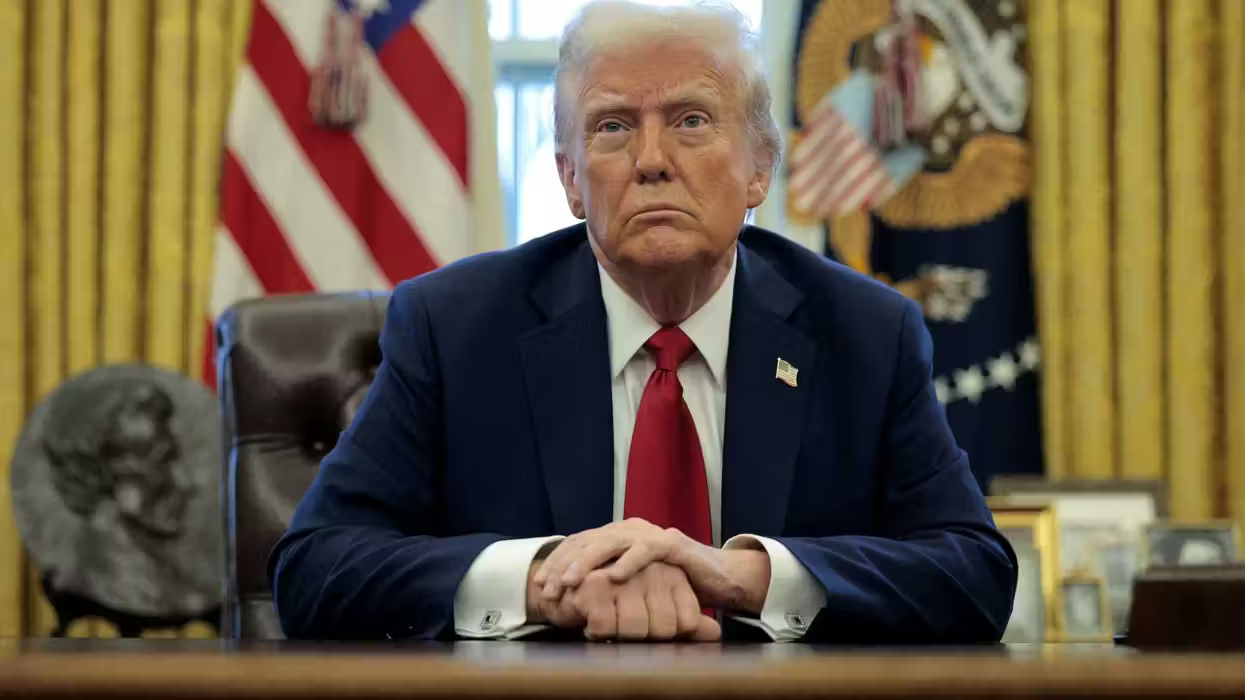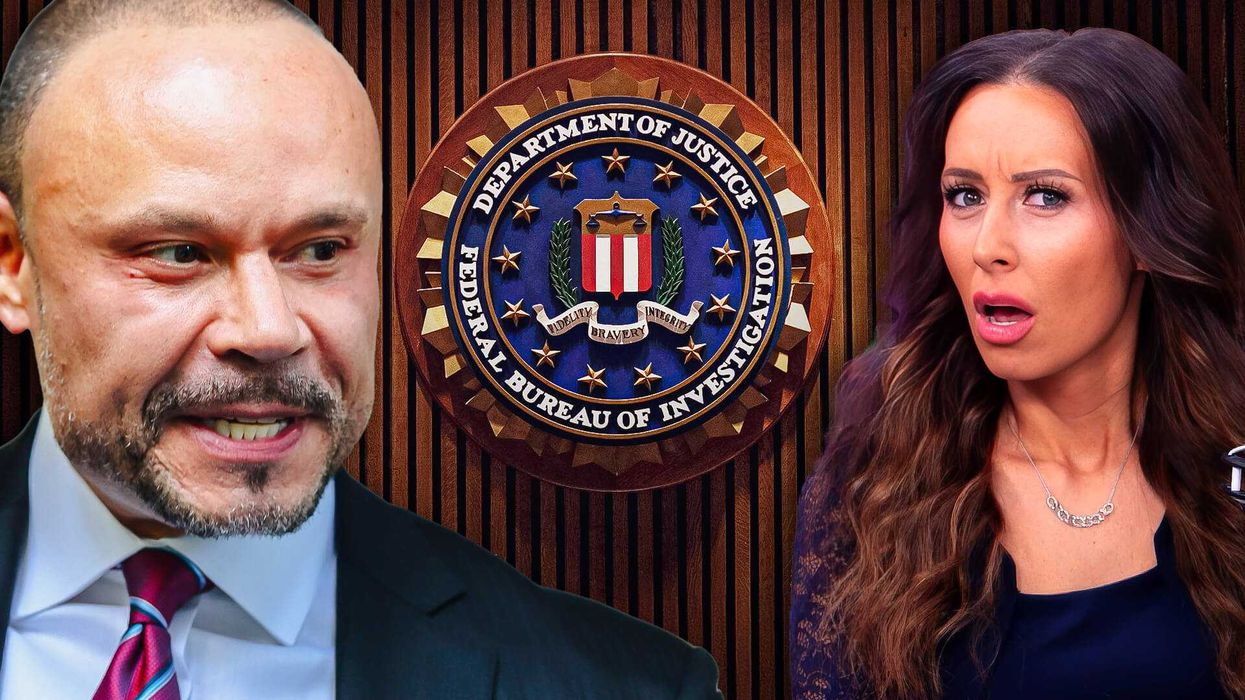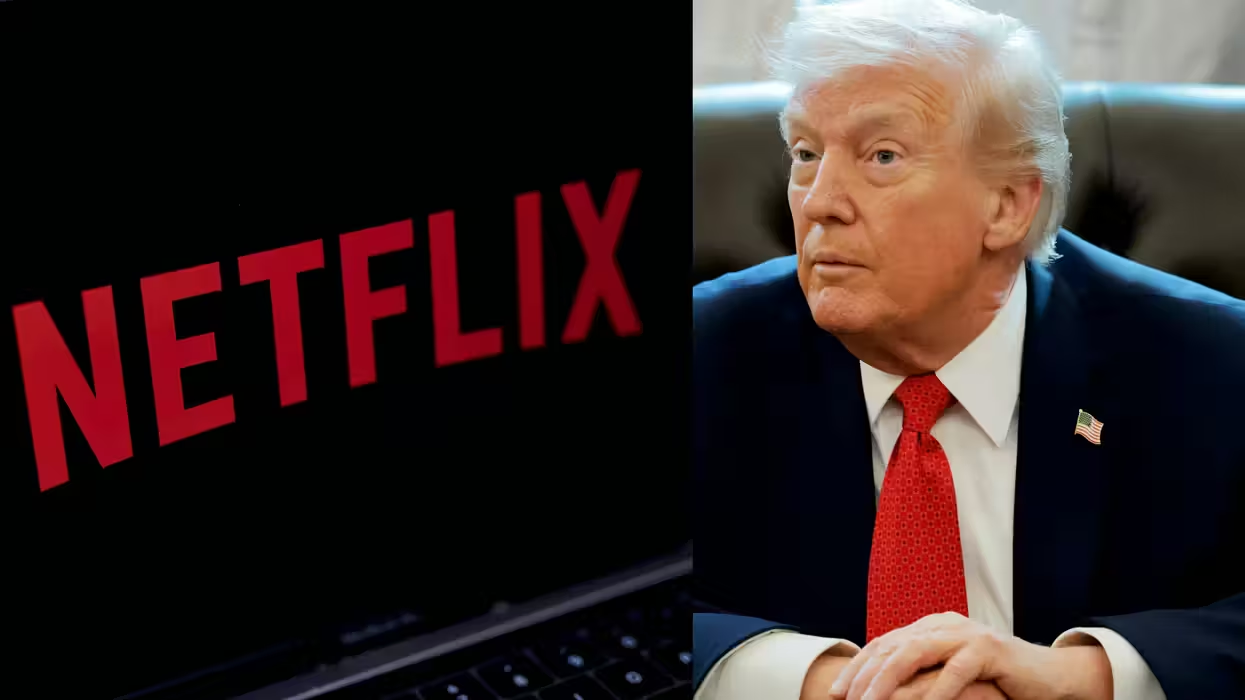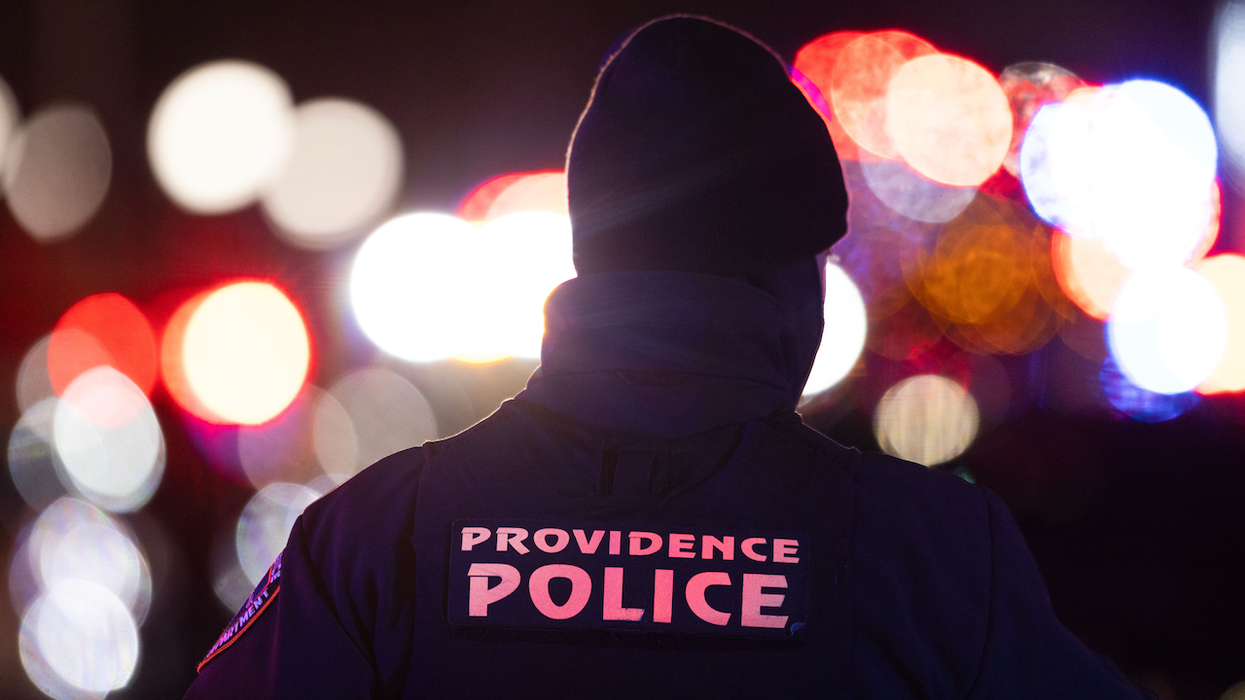 Credit: Getty Images
Credit: Getty Images
The U.S. government is authorized to order the killing of any American citizen who is believed to be a "senior operational" leader of al-Qaeda or "an associated force" regardless of whether that person poses an immediate national security threat, according to a confidential Justice Department memo.
The 16-page memo, a copy of which was obtained by NBC News, reveals the rationale behind the September 2011 drone strike in Yemen that killed alleged al-Qaeda operatives Anwar al-Awlaki and Samir Khan. Both men were American citizens and had not been indicted or charged with crimes.
Human rights activists and other critics have questioned the Obama administration's policy of using drone strikes against alleged al-Qaeda operatives, including U.S. citizens. The key question in the debate has to do with whether the federal government is within its power to kill Americans who have not been indicted or charged with any crimes.
 This undated photo provided by U.S. Customs and Border Protection shows an unmanned drone. Credit: AP
This undated photo provided by U.S. Customs and Border Protection shows an unmanned drone. Credit: AP
The undated memo is entitled “Lawfulness of a Lethal Operation Directed Against a U.S. Citizen who is a Senior Operational Leader of Al Qa’ida or An Associated Force.” Members of the Senate Intelligence and Judiciary committees were given a copy in June by administration officials on the condition that it be kept confidential and not discussed publicly.
It's unclear how NBC News obtained a copy.
More from NBC News:
[T]he confidential Justice Department “white paper” introduces a more expansive definition of self-defense or imminent attack than described by Brennan or Holder in their public speeches. It refers, for example, to what it calls a “broader concept of imminence” than actual intelligence about any ongoing plot against the U.S. homeland.
Michael Isikoff, national investigative correspondent for NBC News, talks with Rachel Maddow about a newly obtained, confidential Department of Justice white paper that hints at the details of a secret White House memo that explains the legal justifications for targeted drone strikes that kill Americans without trial in the name of national security.
“The condition that an operational leader present an ‘imminent’ threat of violent attack against the United States does not require the United States to have clear evidence that a specific attack on U.S. persons and interests will take place in the immediate future,” the memo states.
Instead, it says, an “informed, high-level” official of the U.S. government may determine that the targeted American has been “recently” involved in “activities” posing a threat of a violent attack and “there is no evidence suggesting that he has renounced or abandoned such activities.” The memo does not define “recently” or “activities.”
Jameel Jaffer, the deputy legal director for the ACLU, called the memo "a chilling document."
"Basically, it argues that the government has the right to carry out the extrajudicial killing of an American citizen. … It recognizes some limits on the authority it sets out, but the limits are elastic and vaguely defined, and it’s easy to see how they could be manipulated," he said.
Both White House counterterrorism advisor John Brennan and U.S. Attorney General Eric Holder have advocated for the use of drones. Holder specifically endorsed using drone strikes against Americans if the target represents "an imminent threat of violent attack."
To read NBC News' full report, click here.

 Credit: Getty Images
Credit: Getty Images






